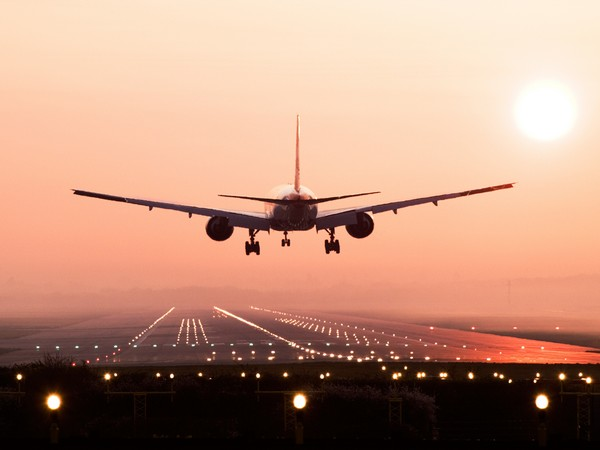The International Air Transport Organisation (IATA) has announced strengthened profitability projections for airlines in 2023 are expected to largely stabilise in 2024, although global net profitability is expected to be well below the cost of capital in both years.
Airline industry net profits are expected to reach $25.7 billion in 2024 (a 2.7% net profit margin), a slight improvement over 2023. In both years, the return on invested capital will lag the cost of capital by four percentage points (caused by interest rates around the world rising in response to the sharp inflationary impulse).
Total revenues in 2024 are expected to grow 7.6% year over year to a record $964 billion, although expense growth is expected to be slightly lower at 6.9% for a total of $914 billion. Industry revenues are expected to reach an historic high of $964 billion in 2024.
Although noting the speed of recovery to have “been extraordinary,” the pandemic is estimated to have cost aviation about four years in growth,” highlighted Willie Walsh, IATA’s director general; adding that airlines “remain far too burgeoned by onerous regulation, fragmentation, high infrastructure costs and a supply chain populated with oligopolies”.
2024 is expected to mark the end of high year-on-year increases in passenger revenues, although supply chain complications will continue to create supply and demand issues. Some 4.7 billion people are expected to travel in 2024, a historic high that exceeds the pre-pandemic level of 4.5 billion recorded in 2019.
IATA’s November passenger polling data indicates that 49% of travellers are travelling similarly to pre-pandemic, with only 18% travelling less. Looking ahead, 44% also say they will travel more in the next 12 months than in the previous year, an optimistic outlook helping the global load factor grow to an anticipated 86.2% in 2024 (slightly better than 2023’s 82%).
